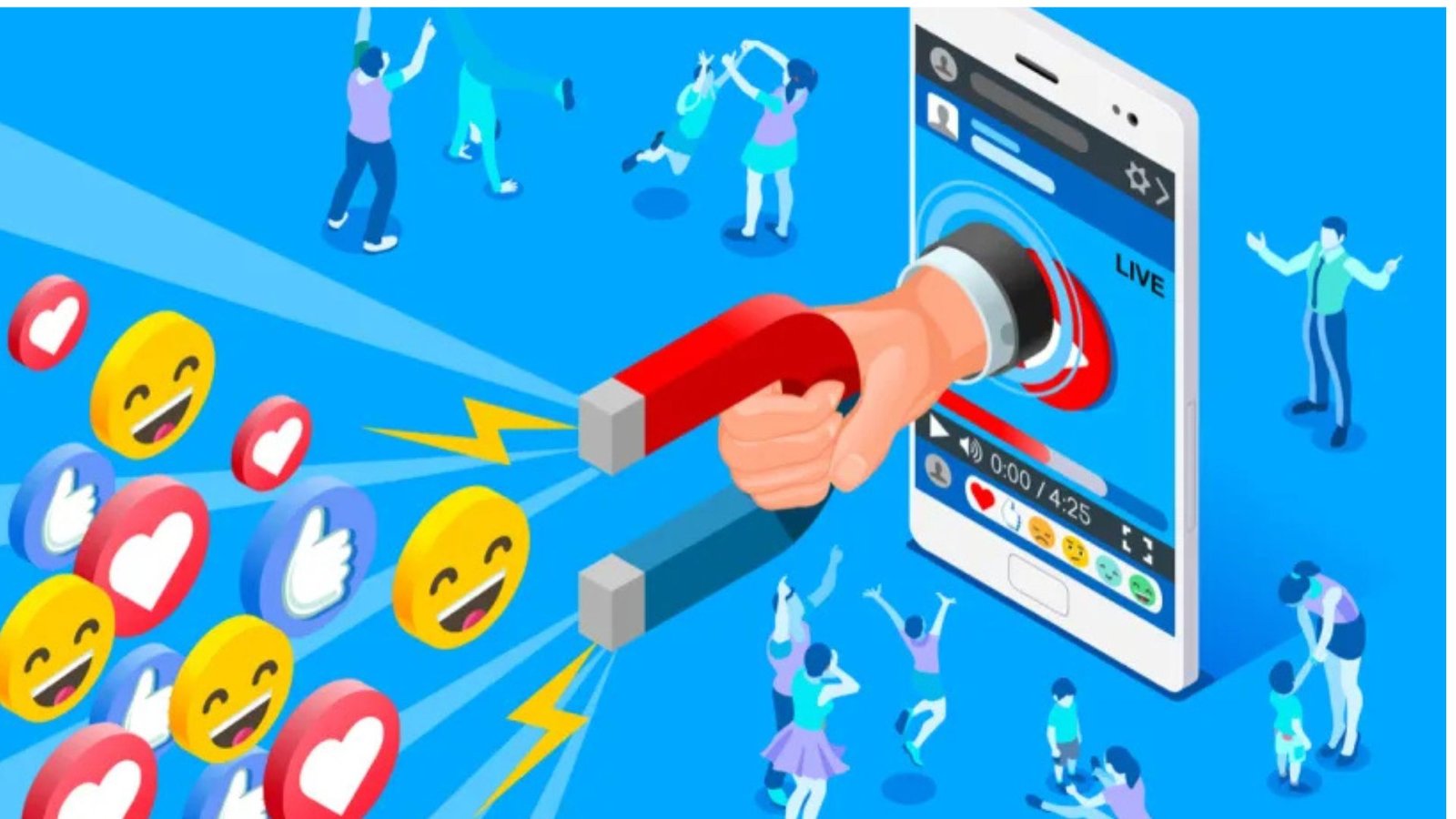Social media has dramatically transformed the way we communicate and form opinions. With billions of users worldwide, platforms like Twitter, Facebook, and Instagram have become powerful tools for shaping public opinion. These platforms provide a space for individuals, brands, and influencers to voice their thoughts, influencing others in real-time. In this post, we will explore how social media shapes public opinion and its impact on society.

Amplifying Voices and Perspectives
Social media amplifies voices that were once marginalized or unheard. People from different backgrounds now have access to global platforms. As a result, they can share their experiences and challenge mainstream narratives. This democratization of information helps to create a more diverse conversation. Moreover, social media enables people to connect, share opinions, and build communities around common causes. It fosters open discussions, making it easier for public opinion to shift rapidly in response to new information.
The Power of Viral Content
One of the most significant ways social media shapes public opinion is through viral content. Posts, videos, or tweets that resonate with users can quickly go viral, spreading across platforms. This rapid spread often leads to widespread discussions and can shift public sentiment on various issues. For instance, viral campaigns or hashtags can bring attention to social justice movements, influencing people’s views and encouraging activism. Consequently, viral content has the power to create awareness and ignite large-scale societal changes.
Influencers and Public Opinion
Influencers play a crucial role in shaping public opinion on social media. With their massive followings, they have the ability to sway opinions, especially in industries like fashion, beauty, and fitness. Influencers are often seen as trusted figures, and their recommendations or endorsements can influence consumer behavior and attitudes. By promoting certain products, brands, or ideas, they have a direct impact on how their audience perceives various topics. This power can have both positive and negative consequences, depending on how influencers use their platforms.
The Role of Algorithms
Social media algorithms are designed to personalize content, but they also have a significant impact on public opinion. These algorithms prioritize content based on user interests, showing posts that are likely to engage them. However, this can create “filter bubbles,” where users are exposed only to content that aligns with their existing beliefs. As a result, they may become more polarized and less open to opposing viewpoints. This selective exposure can shape how individuals view certain issues, limiting their ability to form independent opinions based on a wide range of perspectives.
Shaping Public Opinion in Real-Time
Social media allows public opinion to form in real-time, which influences decisions made by politicians, companies, and other influential figures. When a viral event occurs, such as a public controversy or breaking news, social media users often express their opinions immediately. These rapid responses can force businesses or politicians to react quickly to public sentiment. In turn, this creates a feedback loop where public opinion is constantly evolving. Social media platforms act as a mirror, reflecting society’s values and concerns while also shaping them in the process.
Conclusion
Social media has become a powerful force in shaping public opinion. By amplifying diverse voices, spreading viral content, and influencing through algorithms, these platforms have changed how we form and express our views. Influencers and real-time responses further strengthen social media’s impact. While these changes have brought about greater access to information and increased awareness, they have also raised concerns about polarization and misinformation. As social media continues to evolve, its role in shaping public opinion will only grow stronger.











